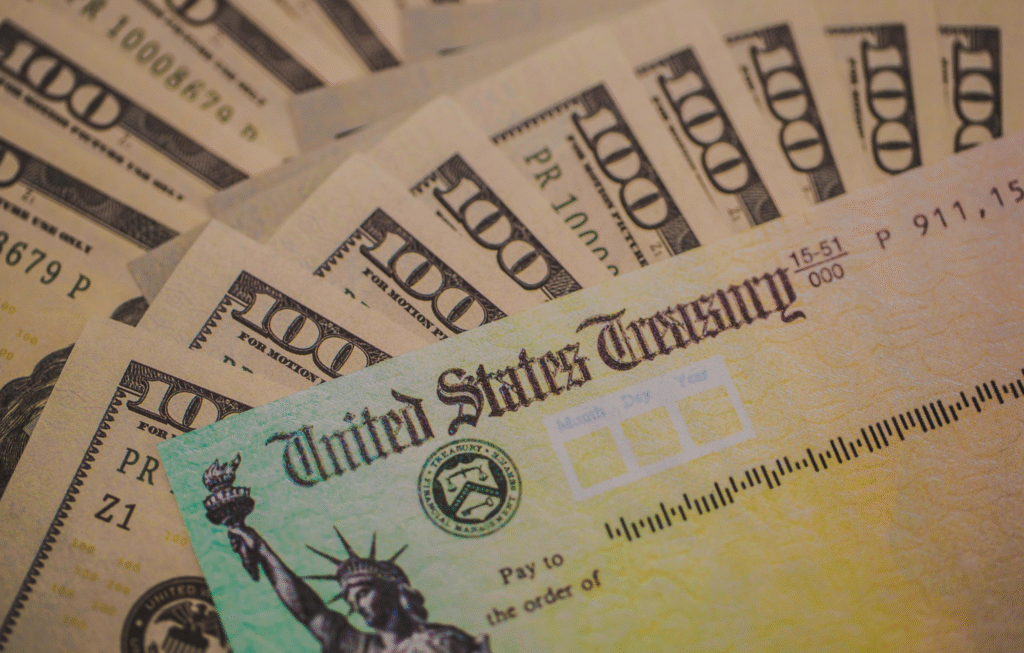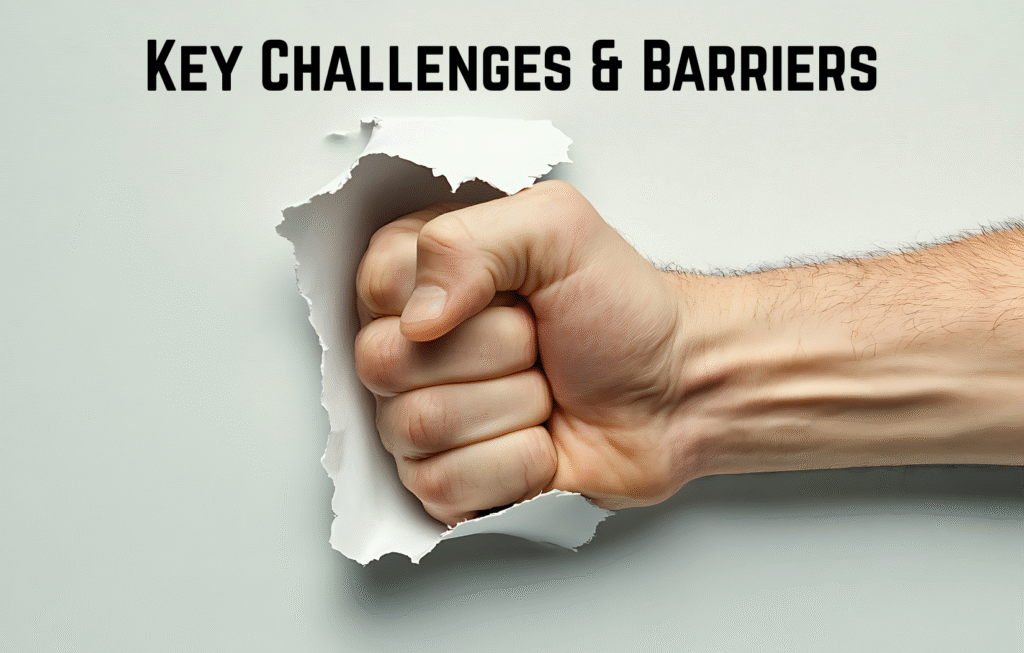$1,976 Direct Deposit Coming in 2025: Are You Eligible in the USA?
Across social media and fringe websites in 2025, rumors are swirling about a $1,976 “direct deposit” stimulus check supposedly coming from the U.S. federal government. Headlines proclaim “You may get $1,976 automatically!” or “IRS to send $1,976 to all eligible Americans.” The question is: Is there any truth to this? Let’s separate fact from fiction, assess current government signals, and explain what you should realistically expect.
The Rumor: Where $1,976 Came From
First, let’s examine how this figure surfaced:
- The $1,976 amount seems arbitrary: it’s not tied to any known legislative proposal, tax credit, or relief bill currently in Congress.
- In many cases, these rumors are a reworking of past stimulus or rebate concepts (e.g. stimulus checks, tax rebates) but inflated or altered to sound more appealing.
- Occasionally, pages that propagate this rumor also mix in partial truths—like the IRS’s recent payments of unclaimed stimulus credits to some taxpayers—but those were amounts far lower than $1,976 and targeted, not universal.
- Many misleading posts present the $1,976 number as if it’s confirmed, but no credible government sources have validated it.
In short: the $1,976 claim is not grounded in any bill or announcement to date; it’s speculative or clickbait at best.
What We Do Know: IRS / Federal Stimulus Activity (2024–2025)

To understand whether a $1,976 direct deposit could ever be real, we should consider what the IRS and Congress are currently doing:
- Unclaimed Recovery Rebate Credits
The IRS has been distributing payments to people who failed to claim stimulus credits from past COVID stimulus programs. These payments are modest (e.g. up to $1,400 per individual in some cases), and are reconciliations rather than new stimulus legislation. These payments are one-time corrections, not part of a large new program. - No Active Stimulus Legislation
As of mid‑2025, there is no official law passed that mandates a new universal direct payment of $1,976 (or any similar big stimulus). Rumors of $1,390 or $2,000 payments have been denied or clarified as misinterpretations by IRS sources and congressional communications. - State-Level or Dividend Programs
A few states or regions have local or state-level payment programs (like the Alaska Permanent Fund Dividend), but those are not U.S.-wide stimulus checks. For example, Alaska’s 2025 PFD is $1,702 for qualifying residents—not $1,976.
So far, the most consistent pattern is that the federal government is making limited, targeted payments or credits—not mass stimulus checks of high amounts like $1,976.
Could a $1,976 Payment Be Possible?
While no current plan supports it, let’s analyze whether such a program is plausible under U.S. political and fiscal constraints.
Potential Design Features (If It Were Proposed)
If someone wanted to propose a $1,976 direct payment, here are features it would likely include:
- Eligibility Requirements: Citizens or legal residents with valid SSNs, likely with income limits or phase‑outs.
- Tax Filing History: A requirement to have filed a federal tax return recently to verify identity and banking information.
- Targeted or Universal: It could be universal (everyone qualifies) or targeted to low- or middle-income households.
- Direct Deposit Preference: Those with bank information on file would receive payments fastest; paper checks might lag.
- Budget and Funding: The program would need clear revenue sources or offsets to avoid ballooning deficits.
- Legislative Authorization: Congress would need to pass a law explicitly authorizing it, specifying the funding, amount, timeline, and oversight.
Key Challenges & Barriers

Even if such a proposal were introduced, several large hurdles stand in its way:
- Congressional Approval Unlikely for Large Universal Payments
Bipartisan support for a blanket $1,976 check would be difficult. Large stimulus checks often face criticism for benefit to wealthier households, inflation risks, and fiscal burden. - Budgetary / Deficit Constraints
Funding a nation‑wide $1,976 payment to all would cost hundreds of billions of dollars (depending on population). Without matching cuts or revenue, it would deepen annual deficits. - Legal / Authorization Constraints
The government cannot simply issue a payment without specific statutory authority. Appropriations must be defined; agencies need clear mandates. - Implementation & Fraud Risk
Rolling out a new massive payment program requires robust systems to verify identity, avoid duplication, handle errors, and prevent abuse. This takes time and administrative capacity.
Given these realities, a $1,976 direct deposit is very unlikely unless tied to a much broader political consensus or extraordinary fiscal conditions.
What You Should Do (if You See $1,976 Claims)
If you encounter a social media post or ad claiming “$1,976 direct deposit arriving soon,” here’s how to respond:
- Check Official Sources: Visit the IRS website, Treasury statements, or congressional reports. If no mention exists there, the claim is likely false.
- Don’t Share Sensitive Info: Scammers often use such claims to trick people into giving Social Security numbers, bank info, or personal data.
- Track Treasury or IRS Announcements: Major payments will be officially announced well in advance; there will be press releases, Q&A pages, and public notice.
- Don’t Pay to Apply: Legit government stimulus programs do not charge you to apply or to “unlock funds.”
- Stay Informed in News Media: Reputable news outlets typically report congressional passage or official statements before widespread dissemination.
What to Watch Going Forward (2025 & Beyond)
Though $1,976 is unlikely, some developments are worth monitoring:
- New Legislation / Relief Bills: Watch for bills introduced in Congress related to tax rebates, stimulus, or “people’s dividend” proposals.
- IRS / Treasury Notices: The IRS may issue guidance or proposals for targeted credits or payments (e.g. energy rebates, cost-of-living adjustments).
- State-Level Programs: Some states may enact inflation relief or cash assistance, which could be mistaken for federal stimulus.
- Tax Law Changes: Changes to refundable tax credits or expansions to earned income or child credits could simulate stimulus-like effects.
- Official Fact-Check Responses: Every time a big stimulus rumor arises, the IRS or Treasury often releases statements denying or clarifying — keep an eye out for those.
Hypothetical Example: What If It Happened?
To illustrate how a $1,976 payment program could look (purely hypothetical):
- Suppose Congress passes a “Relief Dividend Act of 2025” authorizing a $1,976 payment to all citizens earning less than $150,000 annually.
- Those who filed 2024 returns and have direct deposit info would receive funds via direct deposit by October 2025.
- Others without bank info would get mailed checks.
- The program would cost, say, $550 billion. To offset it, there might be modest tax hikes or spending cuts elsewhere.
- Verifications occur through IRS systems to prevent double payments or fraud.
Even that scenario faces major political and logistical hurdles.
Conclusion: What Is & Isn’t True
- As of mid‑2025, no federal stimulus program has been approved for a $1,976 direct deposit to Americans.
- The number appears to stem from viral rumors and viral content rather than legislative reality.
- The most recent federal payments (e.g. unclaimed stimulus credits) are modest corrections, not large universal checks.
- It remains important to monitor IRS, Treasury, and congressional announcements — if any real program emerges, it will be widely publicized.
- Until then, treat claims of $1,976 checks with skepticism, and do not hand over personal or banking information to unverifiable sources.
FAQs
Q1: Is the $1,976 direct deposit real?
No — there is no approved federal program for a $1,976 direct deposit in 2025. The claim is based on rumors, not legislation or official IRS confirmation.
Q2: Where did the $1,976 figure come from?
It likely stems from clickbait or misinformation online. The amount is not tied to any real bill or government plan and appears randomly chosen for viral appeal.
Q3: Is Congress planning a $1,976 stimulus check?
No. Congress has not introduced or passed any legislation supporting a $1,976 direct payment. Any such proposal would require formal debate, funding, and bipartisan approval — none of which exist.
